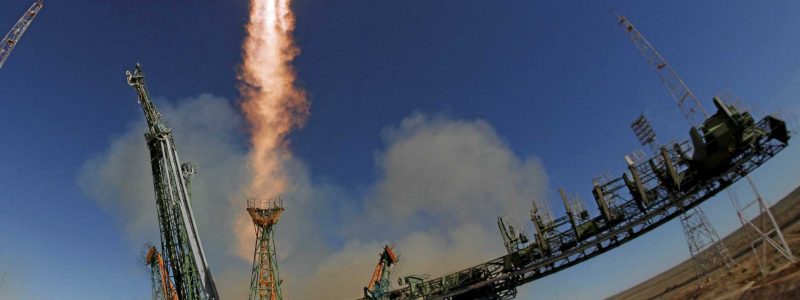
The light Alpha launch vehicle (LV) will be launched from Vandenberg Air Force Base (VAFB) in California as early as December 22, 2020, the press service of Firefly Aerospace Inc., a provider of launch vehicles, spacecraft and in-space services, has said, referring to co-owner Ukrainian businessman Max Polyakov and Firefly Aerospace CEO Tom Markusic, who was cited in an interview on Friday by CNBC TV.
Firefly is finishing up work to prepare the launchpad at SLC-2.
While “everything is susceptible to surprises,” with room in the schedule to launch as late as January 31, Markusic said the “full gamut of rules” at Vandenberg means the company has put extra work into certification for Alpha’s first launch.
“Our design has been highly vetted, as we have a lot of requirements that are put on us by the range and that makes the rocket ultimately more reliable,” he said.
He said that it is very reasonable for Firefly Aerospace to expect complete success on the first launch.
Standing at 95 feet tall, Firefly’s Alpha rocket is designed to launch as much as 1,000 kilograms of payload to low Earth orbit – at a price of $15 million per launch.
Firefly Aerospace was restarted in 2017 by Ukrainian Polyakov, including it in Noosphere Ventures.
Only a handful of tests remain until Alpha’s first launch. Firefly conducted a final engine test with the rocket’s first stage two weeks ago, with a second stage engine test up next. Then Firefly will conduct the “activation of the launch site.” The next big milestone will be the static fire of the entire vehicle at the launch site.
Firefly expects to launch at least three times in 2021.
In addition to the Alpha and Beta rockets, Firefly Aerospace is working on Orbital Transfer Vehicle (OTV) known as a space tug to deliver satellites from a rocket to a specific orbit, and a lunar lander called Genesis for NASA.